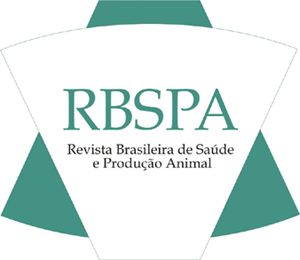A study was conducted to evaluate the effects of Rosewood oil (RO) on performance, carcass and commercial cut yields and microbiology of the gastrointestinal tract of broiler chickens. Five hundred and forty one-day-old male broiler chicks were arranged in a completely randomized design with six treatments and six repetitions consisting of 15 broiler chicks each. The treatments were: inclusion levels of 0.00mL (0.00EO); 0.15mL (0.15 EO); 0.30mL (0.30 EO); 0.45mL (0.45 EO) and 0.60mL (0.60 EO) of RO/kg diet and control (commercial promoter virginiamycin). At 21 and 40 days old, no significant differences in body weight, feed intake, feed conversion and viability of birds were observed when comparing the controls with the different levels of inclusion of RO. The carcass yields of commercial cuts were not affected by treatments. The increased level of RO reduced the relative weight of the intestines. The broilers consuming growth promoter had the highest concentration of Escherichia coli in the intestinal contents, compared to 0.00 EO and 0.30 EO. It was concluded that, Rosewood oil does affect the performance and yield slaughter, but it does reduce the relative weight of the intestines. RO does not show a consistent antimicrobial activity in vivo against Escherichia coli.
essential oil; growth promoter; performance
